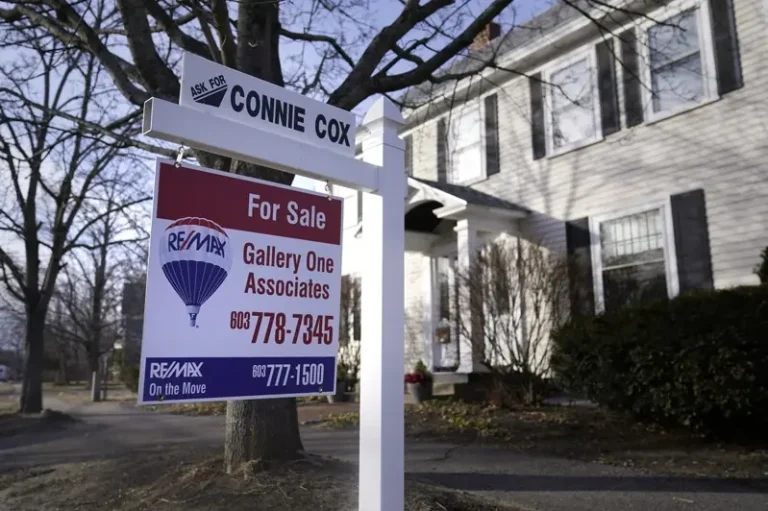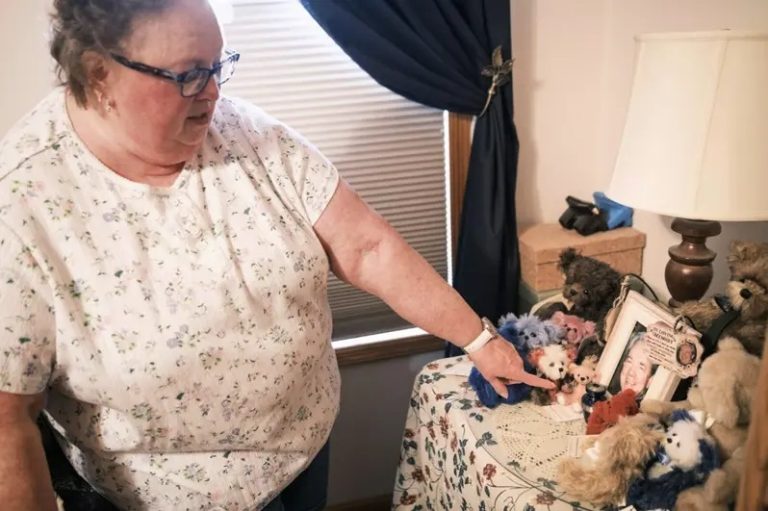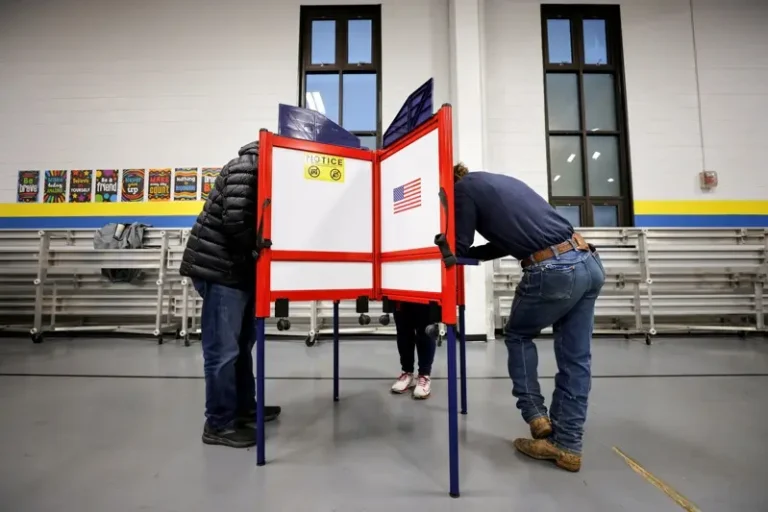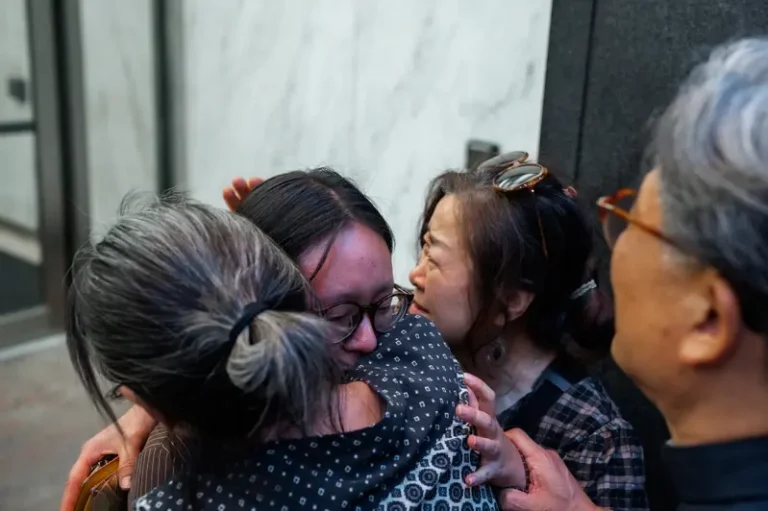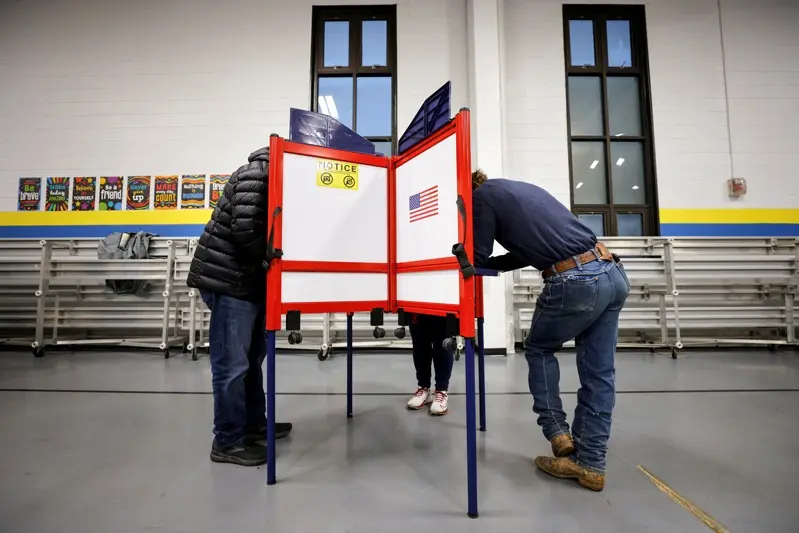
William J. Barber, director of Yale University’s Center for Public Theology and Public Policy, and Jonathan Wilson-Hartgrove, a researcher, co-authored an article in Time magazine on the 5th, noting that the poor are the largest group of swing voters who can influence the outcome of US elections. Surveys show that the vast majority of poor voters do not vote against their own interests. A key factor in Trump’s victory over Kamala Harris in 2024 is the increase in poor and low-income voters who choose not to vote. The 19 million low-income voters who helped elect Biden in 2020 did not vote in the 2024 election.
Over the past 40 years, wealth inequality in the United States has worsened. In 2018, there were 66 million poor and low-income white people, exceeding the number of any other ethnic group. Barber and Wilson-Hartgrove point out that this is why the populist “Make America Great Again” (MAGA) movement is particularly popular in predominantly white, low-income communities. Based on the divide-and-conquer myth, if white people are suffering, it must be Black people and immigrants who are taking away resources. Trump, through his massive immigration sweep, is capitalizing on this myth.
Despite the influence of populist appeals, the reality of American politics is that the vast majority of poor voters do not act against their own interests when voting.
While Trump’s support among low-income voters in the 2024 election has increased, a recent study by Lake Research Associates shows that the key factor in his victory over Democratic candidate Kamala Harris was actually the decision of poor and low-income people not to vote in the 2024 election. Nineteen million low-income voters who helped Biden win in 2020 did not vote in the 2024 election. A third of these voters said they did not vote because the Democratic Party’s policies did not address their economic challenges.
These “Biden skippers” aren’t apolitical. On the contrary, half of them watch the news several times a day, and in a two-party showdown, most would still support the Democratic Party. While poor voters aren’t the driving force behind extremism in American politics, nor are they Trump’s base, they are the largest group of swing voters. If this group begins to feel the impact of the “Big, American” bill’s welfare cuts, they may demand candidates who can help them gain a voice.

